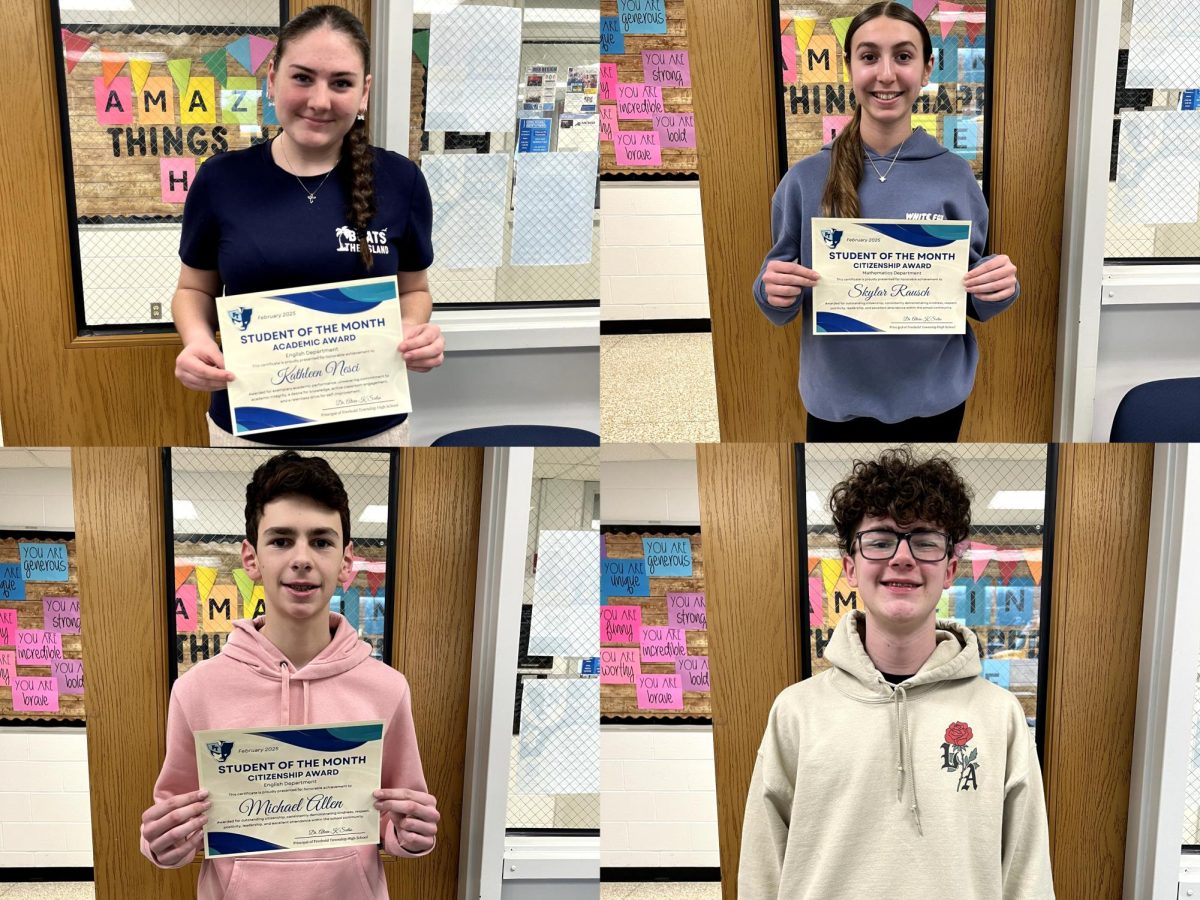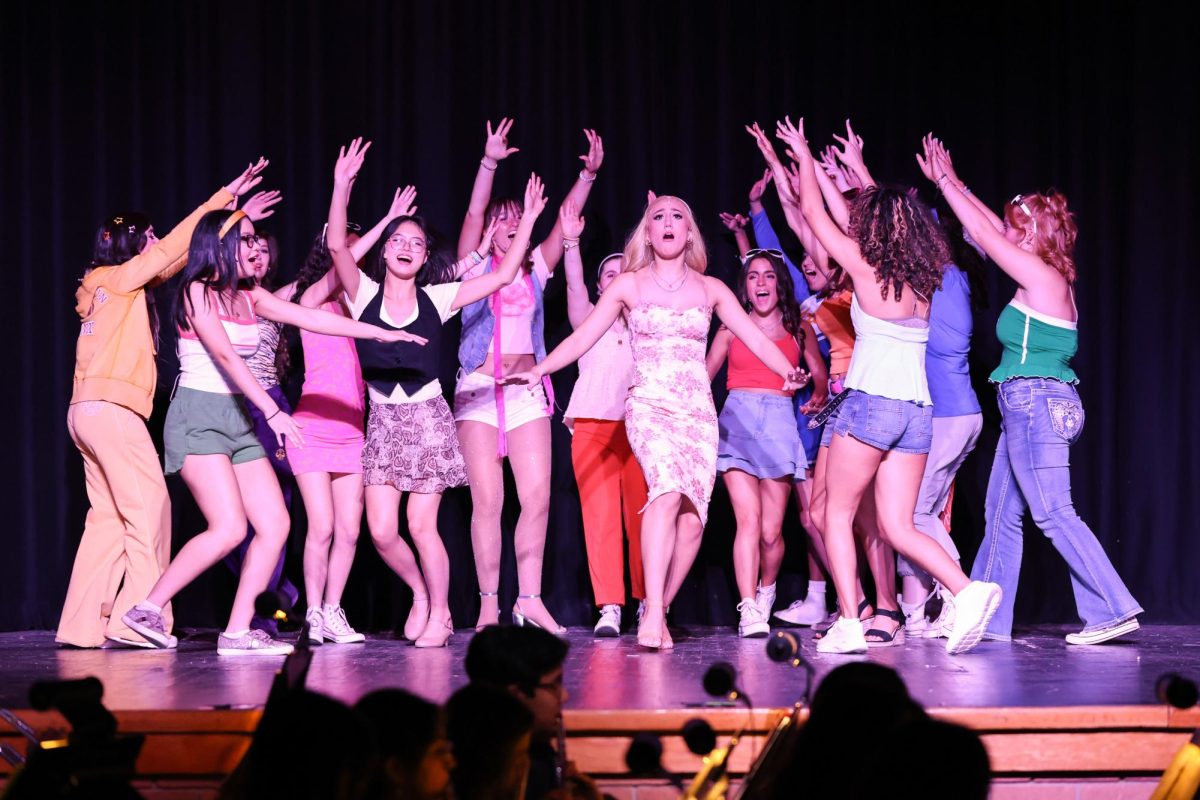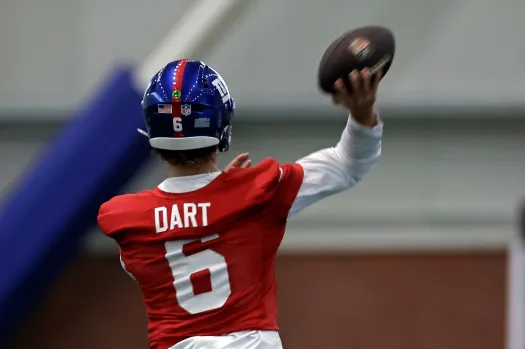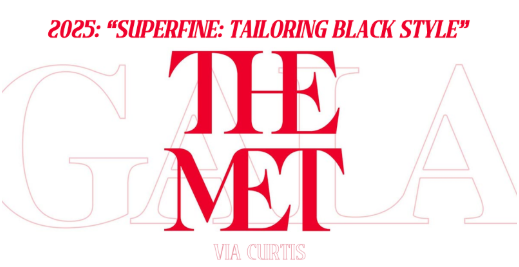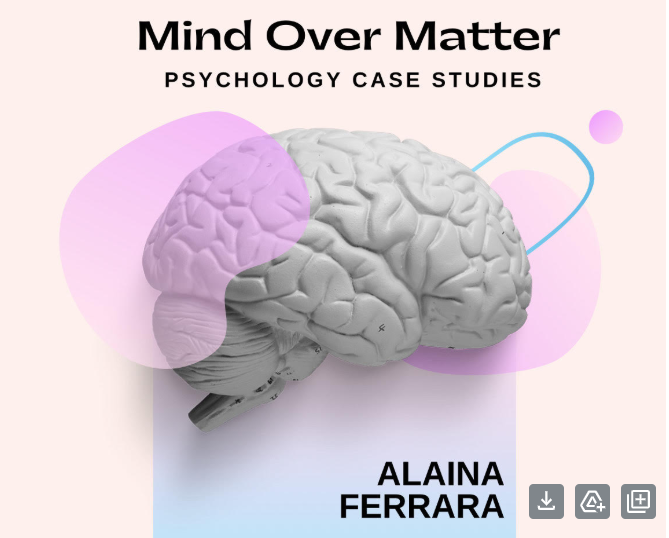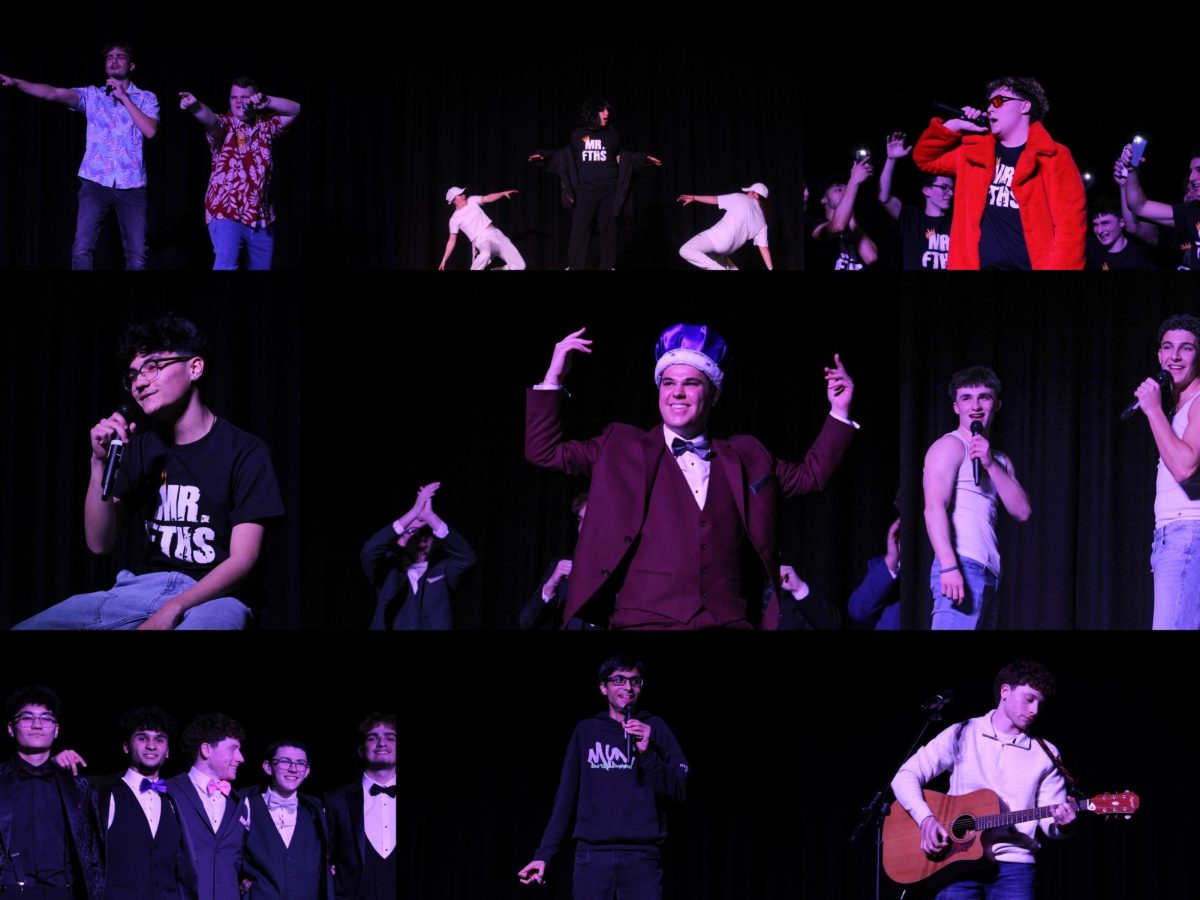Tamayo, Pantano Earn Awards in APP Essay Contest
February 23, 2016
Two FTHS students, Lorenzo Pantano and Corine Tamayo, earned recognition from the Asbury Park Press Student Voices Essay Contest in February.
Tamayo, a student in the International Baccalaureate program, earned second place for her essay, “High School Would Enter the Real World.” Pantano, at student in the Global Studies program, earned third place for his essay, “I Will Bring Back the ‘Pal’ in ‘Principal.'” Both essays can be read below.
Corine Tamayo’s “High School Would Enter the Real World”
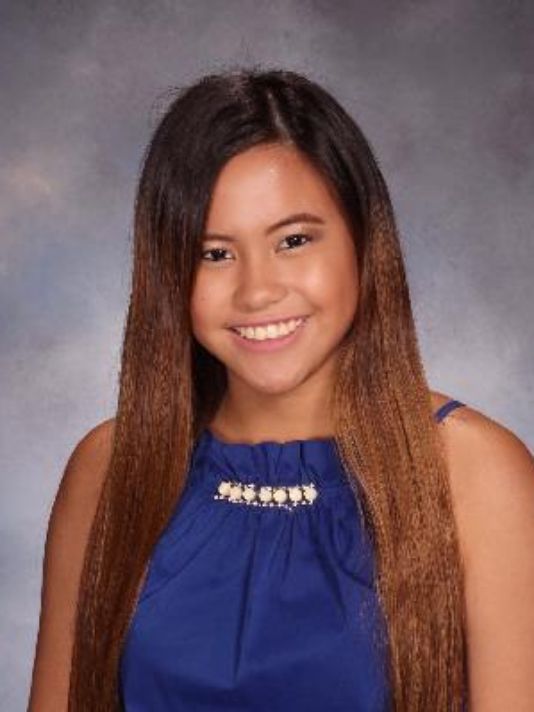
High school is like a separate country. And like any inhabited country, the people build. The people try to build a world that works to their benefit. But in high school, instead of building vast civilizations, the people build constructs. High schools are separated by specific districts and curriculums with a distinct identity and unique set of teachers and students.
Yet in this “world,” we follow the same basic, mundane routines and, consequently, we are left vulnerable to one of the greatest downfalls: triviality. If everything is so concentrated, we simply become a country that cannot even see the rest of the world through a looking glass because we are so hyper-focused on ourselves.
In high school, there is a common emphasis on problems comparably trivial to the broader scheme of life. Whether it be interpersonal relations, which locker hallway we have, or, for freshmen, how quickly one can commute to class, these “problems” scatter the high school experience.
Once these four years are over, we are thrown out into the real world, and trivial problems, which at the time seemed like monumental milestones, are now just bleeps on our radars. The real world does not care about what you wore to a function with your friends. The real word does not care what impending drama occurred over the past weekend. The real world only cares about vital things that make vital impacts.
As principal, I would make sure that students at least had the opportunity to learn about the real world as well as the pertinent issues that come with it. I would suggest to the Board of Education an addition to the curriculum implementing a current events class. In the class, students would watch media detailing current events in an organized, mature manner, fostering independent thought. My main goal as principal would be to acknowledge the significance of education by focusing not on the minutiae, but the bigger picture.
Lorenzo Pantano’s “I Will Bring Back the ‘Pal’ in ‘Principal'”
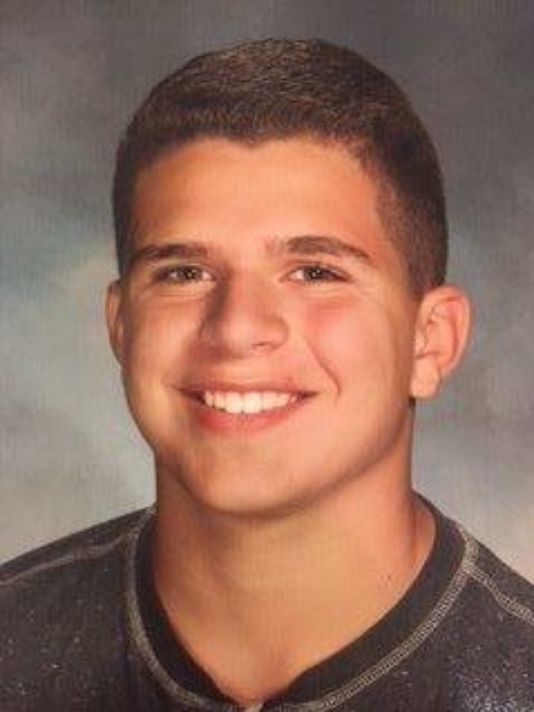
Remember when you were in elementary school? Remember how big everything seemed to be — the adults, the classrooms, the hallways? Remember how comfortable you felt there despite the overwhelming nature of the building? Remember walking in the door and hearing your principal call out to you and to each of your friends?
“Hi, Carol! Hi, Jesse! Marissa! How are you girls doing today?” called out Mr. Aldarelli every morning without fail as his students entered the building.
“Hey, Mr. Aldarelli! What’s good?” We’d call back.
If I were principal for a day, I would make a change that not many people would consider valuable or powerful. I would not make a change regarding curriculum. I would not change how teachers grade or how students learn. I would not make a change that revolved around the school’s budget or spending habits. However, what I would change is crucial to the success of the school. As a principal, I would learn every student’s name and face.
Why would I learn all about the students, you’re probably wondering? Every school, not just elementary schools, should have a sense of community. The principal should not only be involved with budgets, staffing concerns, discipline issues and school board meetings. A principal should be able to converse with all students in a familiar manner.
A principal should be like an omniscient god of all knowledge of the students in his or her school. A school is not a business and being principal is not just a job. A principal is the leader of a learning community, and if government officials and business executives want students to perform better now and in the future, then the students need to be treated like people, not just a number in a data bank.
Each student should be recognized as a real person with real problems who has a personal life and dreams that extend beyond the classroom. Students should receive personal attention, and not just when it comes to lesson plans, project outcomes and test styles. Most adults crave recognition or affirmation from “the boss,” and students aren’t all that different.
When I’m principal, I plan to say “Hello. It’s me, your principal.”








